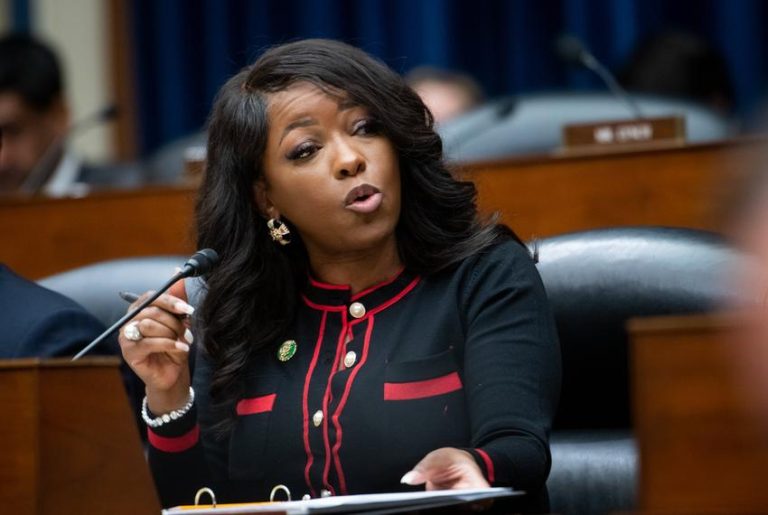CNN anchor Jake Tapper has criticized elements of progressive culture after his teenage son was mocked during a podcast appearance for expressing a desire to become a police officer. The remarks, Tapper says, reflect a wider disconnect between liberal circles and everyday Americans—especially young men.
Tapper shared the experience while speaking on a recent segment, recounting a guest appearance on a left-leaning podcast—one he chose not to name. The hosts, both of whom reportedly do not have children, inquired about his family. When Tapper mentioned that his 15-year-old son aspires to work in law enforcement, their reaction was immediate—and troubling.
“I went on a left-leaning podcast that shall remain nameless, and they asked me about my son,” Tapper explained. “I said he plays football and wants to become a police officer. Their joke was, ‘How does he feel about minorities?’ Like the idea that wanting to be a cop means you’re automatically racist. About my kid. A 15-year-old.”
The hosts laughed at the comment, and Tapper noted that critical comments soon followed in the podcast’s comment section.
The CNN anchor said the reaction wasn’t just offensive—it served as a wake-up call about the tone some progressive voices take when discussing law enforcement and masculinity. He used the incident to draw attention to what he believes is a key reason Democrats are struggling to connect with male voters.
“That’s why you start losing elections. 100%,” Tapper said. “My son isn’t political. He plays linebacker. He’s into World War II history and video games. That’s his world. But because he wants to be a cop, they label him a racist.”
Tapper described his son’s motivations as coming from a genuine desire to help others. He emphasized that his son’s interest in policing is grounded in service, not ideology.
“He wants to be a cop because he wants to help people. That’s his reason. It’s really that simple.”
The CNN journalist expressed concern that a growing segment of progressive culture is alienating young men—regardless of race or background—by viewing their values and ambitions through a hyper-political lens. He argued that this type of discourse hurts Democratic outreach, especially when it comes to engaging with men in working-class or suburban communities.
Tapper also referenced Minnesota Governor Tim Walz as an example of the Democratic Party trying—but struggling—to speak to male voters. Tapper noted that while Walz has some traditionally masculine credentials like military service and hunting, the broader message still falls short.
“They thought Tim Walz could code-switch or something. Because he hunts and fishes, owns a gun, was in the army, drinks beer. I mean, at least they tried. But I still think it’s disconnected.”
Tapper’s comments come at a time when Democrats are seeing slipping support among male voters—especially among those without college degrees or from blue-collar backgrounds. Polls in recent years have shown a steady trend of working-class men shifting toward Republican candidates, particularly in swing states.
Strategists within the Democratic Party have acknowledged the challenge. Some have pointed to cultural disconnects—on topics ranging from law enforcement to patriotism—as barriers to reaching male voters, particularly younger men who don’t align with traditional progressive activism.
Tapper stopped short of naming any specific Democratic candidates but made it clear that tone matters—and that the party risks alienating people who don’t fit into an idealized progressive mold.
“This is how the Democratic Party talks to men—not just white men, but men in general,” he added. “You’re alienating people who just want to serve their communities.”
The CNN anchor’s remarks have sparked reactions across social media and political circles. Some praised Tapper for raising the issue openly, while others criticized him for giving oxygen to what they saw as a fringe commentary from a podcast.
As the 2026 midterms approach and early maneuvering for 2028 begins, messaging toward male voters—especially younger ones—will likely remain a key issue for Democrats. Tapper’s experience may offer a cautionary tale for political voices seeking to balance ideology with empathy and common sense.









